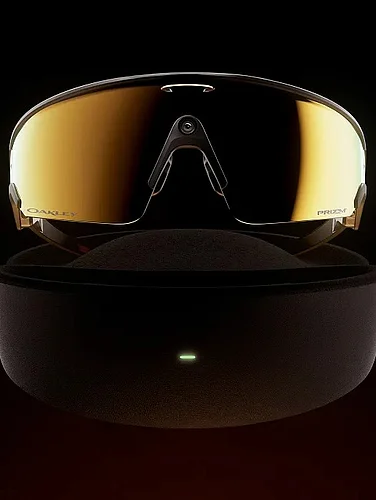Advancement in technology is one of the prominent developments of the 21st century, as is the persistent rise of terrorism and terror-related activities. The recent Lebanon pager blasts led to nearly 11 deaths and around 3,000 people injured. On September 17, nearly hundreds of pagers carried by members of Lebanon-based terror group Hezbollah exploded across the country. The blasts took place just a day after Israeli officials said they were ready to attack the Iranian-backed militia, according to the New York Times.
The country’s Prime Minister Najib Mikati accused Israel for the blasts and said the explosions represented a “serious violation of Lebanese sovereignty and crime by all standards”.
“Extremely concerning, especially given that this is taking place within a context that is extremely volatile,” said the UN spokesman addressing the recent developments in Lebanon.
Hezbollah said many pagers used by the group for communications due to the risk of mobile phones being hacked or tracked- blasted around 15:30 local time (12:30 GMT) in the capital Beirut and many other areas in the country.
What is a pager and how is it connected to the blast?
A pager, or a beeper, is a small, portable electronic device designed for receiving and, in some cases, sending short messages or alerts. An alien device to many, pagers were widely used in the late 1990s and early 2000s, they lost their popularity after mobile phones, and smartphones gained momentum.
However, it is still used because it offers large coverage particularly in remote areas where cellular signals might be weak.
Associated Press reported, citing a source, that the attacks were a consequence of a “security operation targeting the devices”. He also revealed that the pagers used by Hezbollah members are equipped with lithium batteries, which might have caused the blasts.
Lithium batteries, particularly lithium-ion, are used in almost all the latest phones, laptops, and such communication devices. It helps in charging batteries faster than traditional batteries and saves batteries for long.
Although manufacturers undertake many safety measures, overcharging devices can damage safeguards and lead to uncontrollable heat generation.
Lithium batteries have the potential to overheat and can lead to devices like smartphones, laptops, etc. producing smoke, melting, and catching fire. Nowadays, they are commonly found in consumer goods such as cellphones and electric vehicles, can burn at temperatures reaching up to 1,100 degrees Fahrenheit (590 degrees Celsius).
































